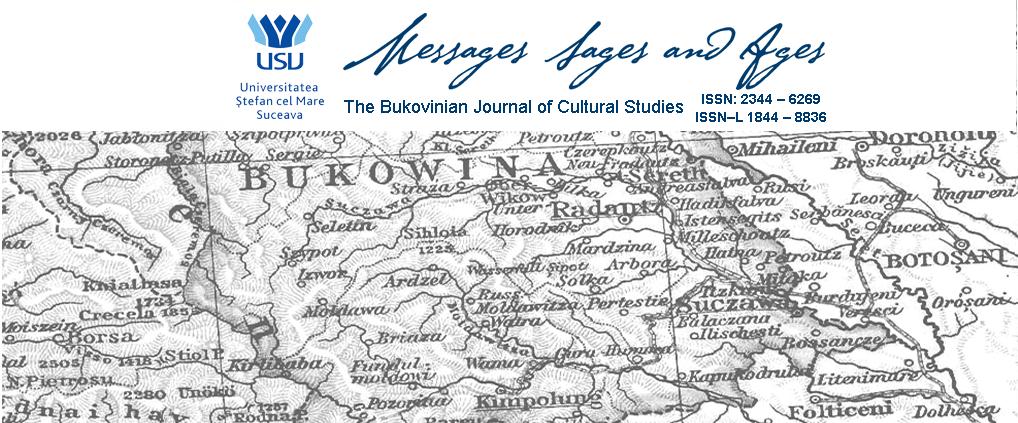The stories we are told while growing up influence our personality and contribute to the shaping of our identity. Fairy tales, witches, curses and beautiful princesses accompany us throughout our lives, regardless of where we grew up and how we were raised. Folklore also finds its way into contemporary literature. For example, in Felicia Luna Lemus’ novel Trace Elements of Random Tea Parties, not only Chicanx myths, but also Western and especially German folklore play an essential role. The element of storytelling itself is central in the novel, being closely linked to the author’s use of the symbolism of color, hair and home, alongside the focus on the protagonist’s cultural roots and search for her own identity. The character of Leticia draws on her Chicanx background and on the stories her grandmother used to tell her in order to find her path in the United States of America and learn to be herself. In this paper, I am going to argue that the fairy tale and mythical elements create a safe haven and home for Leticia, the novel’s protagonist, and, furthermore, enable her to learn to express freely her unique Chicanx and queer identity.
Martina Braunegger
Authors
Martina Braunegger is a student of English and American Studies at the University of Graz, Austria. In her studies, she focuses on Inter-American Cultural and Literary Studies. In 2018, she has participated in her first conference, “Transcending Borders – Redrawing Perspectives”, by doing a poster presentation entitled Being a Mexican, Being a Woman, Being a Mexican Woman: The Representation of Otherness in Jack Kerouac’s Tristessa, On the Road and ‘Mexico Fellaheen’.
